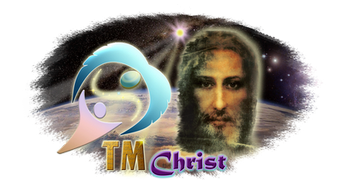Biologic epigenesis is no longer a theory but a well documented explanation of significant influences upon a child before birth, after birth, and continue during the child’s early developmental era of growth that are “written” into the child’s DNA. These influences affect the child unconsciously so that he or she behaves in ways throughout the remainder of their life that are consistent with those early influences. Some influences are positive to help the child in their adult life, and some are not.
Because of epigenesis, a transgenerational dividend will be paid when generations of children have had the benefit of being raised with the best practices of parenting and child rearing. That payment will become apparent in the results of those children’s lives and careers as they carry those best practices and values with them into their places of employment, where they volunteer, into their professional careers, as they become parents, and as they the become the planners and decision-makers of the organizations that support their community and society.
Biologic epigenesis of the best parenting practices and the values of our species for decision-making will unconsciously support to the development of rational and logical plans, option-development, choice-making, decision-making, and implementation-actions of the decision-makers of the future. When those who have been raised with those values and practices become the decision-makers in the three most significant social structures of functional societies society, (social-societal, political-governmental, and economic-financial), their decisions will result in a democratic nation’s social evolution. Such a development would provide the best efforts of our human (humane) existence expressed in the form of social stability, social equity, social justice, “what is fair,” and the common good.
Children raised with best practices of child rearing, who later become the planners, decision-makers, and implementers of those decisions, will be well prepared to understand how their decision-making preserves the strategic best interests of their communities and societies. Doing so, their societies and their organizations will become sustainable into a far distant future.
